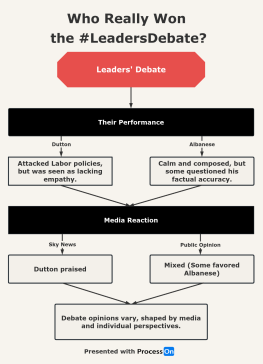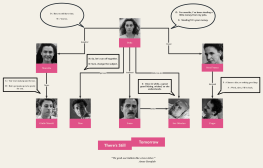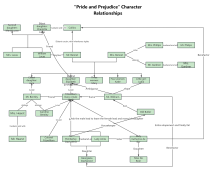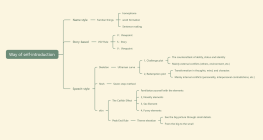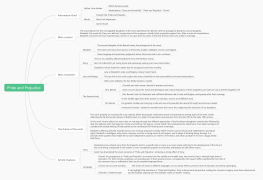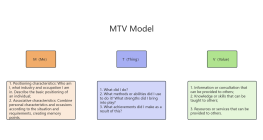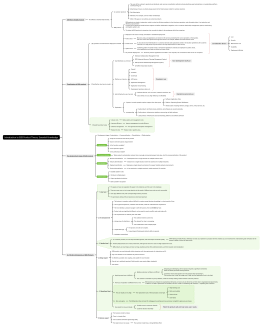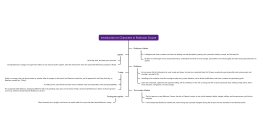Character Introduction of Pride and Prejudice
2024-09-26 10:58:21 169 0 Report 0
0
Login to view full content
Other creations by the author
Outline/Content
Author's Profile
Jane Austen, born in Steventon, Hampshire, England in December 1775, was one of eight siblings. Her father served as the rector of the parish there for over forty years. Her mother came from a wealthier family and was also cultured. Austen began writing at the age of thirteen or fourteen. In 1796, at the age of twenty-one, she completed her first novel, titled "First Impressions."
That same year, she began writing "Elinor and Marianne," which was later rewritten and published as "Sense and Sensibility." She also wrote "Northanger Abbey," completed in 1799. Over a decade later, "First Impressions" was rewritten and renamed "Pride and Prejudice," while "Elinor and Marianne" was rewritten and published as "Sense and Sensibility."
Creative Background
"Sense and Sensibility" is Jane Austen's earliest completed work. She began writing it in 1796, initially titled "First Impressions," and finished in August 1797. Her father was deeply moved after reading it and specifically took it to Thomas Cadell to publish, but he flatly refused, which greatly disappointed them both. Consequently, Jane Austen set about revising another novel, "Pride and Prejudice.
After her father's passing in 1805, Mrs. Austen moved with Jane and her sister Cassandra to Southampton. It wasn't until 1809, when they settled in the Hampshire estate of her brother Edward in Chawton, that Jane Austen seriously took up her pen again. After revising "Sense and Sensibility," she self-published the book, which sold well. Consequently, she rewrote "First Impressions," renaming it "Pride and Prejudice."
Content Introduction
The novel depicts the five unmarried daughters of the minor gentleman Mr. Bennet, with the protagonist being the second daughter, Elizabeth. She meets Mr. Darcy at a ball, but having heard that he is arrogant, she holds a prejudice against him. After some twists and turns, Elizabeth overcomes her prejudice towards Darcy, and Darcy put down his arrogance. In the end, the couple are united in love.
This work, drawing on everyday life as its material, defies the popular sentimental novels and pretentious writing styles of the time, vividly reflecting the life and social customs of British towns in a conservative and insular state from the late 18th to the early 19th century. It has been adapted into films and television series multiple times.
Character Introduction
Elizabeth Bennet
Elizabeth, the second daughter of the Bennet family, is the wisest and most clever person in the household. She is the protagonist of this novel and one of the most famous female characters in British literature. She has many admirable qualities, as the novel describes her as charming, intelligent, and capable of elegant conversation with anyone. Her honesty, grace, and intelligence allow her to stand out from the vulgarity and tedium of her social class.
Fitzwilliam Darcy
Mr. Darcy is the son of a wealthy and substantial landowner from Pemberley estate, and also Elizabeth's male companion. He comes from a noble background, is handsome, and is rich in material wealth. Initially, his arrogance and stern demeanor, coupled with rumors, left Elizabeth with a bad impression at the beginning. Elizabeth's rejection led him to reflect on himself and gradually become more humble. His inherent nature is honest and kind, generous and compassionate, valuing emotions and loyalty, and he is courageous and responsible.
Jane Bennet and Charles Bingley
Jane is Elizabeth's older sister, Bingley is Darcy's best friend, and the engagement of Jane and Bingley is at the center of the novel. Jane and Bingley first met at a ball in Meryton, and both were immediately attracted to each other. Their marriage is set to take place much earlier than that of Darcy and Elizabeth. They share many similarities in their personalities and natures: they are both very popular, friendly, good-looking, and they have already considered each other as their lifelong partners.
Wickham
Wickham is a young officer in the militia of the town, handsome and charming, yet with a corrupt character. His father was once the steward of the Darcy family, and Mr. Darcy's father had suggested in his will that Darcy provide Wickham with a sum of money to become a respectable clergyman. However, Wickham squandered that inheritance and later attempted to elope with Darcy's sister Georgiana, holding a grudge against Darcy after being discovered. He once falsely accused Darcy of misappropriating his inheritance in front of Elizabeth, causing her to misunderstand Darcy. Later, he lured Elizabeth's sister Lydia into eloping with him.
The Bennet family
Mrs. Bennet is a foolish and impetuous woman. She has no sense of propriety or virtue, and she doesn't care at all about the moral and cultural education of her daughters. Her only concern is how to marry off all her daughters. She is very pleased with Linda's marriage but does not criticize Linda's disgraceful behavior at all, nor is she worried about the bad influence Linda has brought to the family. Mrs. Bennet's lack of refinement also directly led to Elizabeth's humiliation, and her thoughtless behavior also caused the event of Jane and Mr. Bingley moving away after their marriage.
Mr. Bennet is a wise middle-aged man who often speaks to others with a tone of sarcasm, cynicism, yet with a detached coolness. Mr. Bennet's greatest mistake in life was marrying a young, beautiful, yet ignorant and narrow-minded woman when he was young. He immerses himself in books, seeking to mentally escape from his home, neglecting the education of his daughters.
0 Comments
Next page
Recommended for you
More




